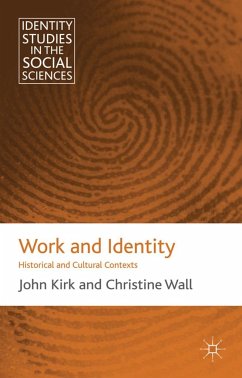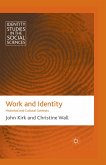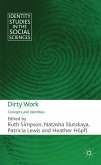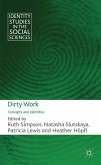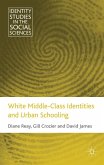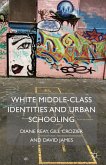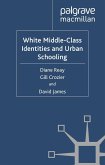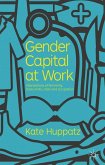This book presents an accessible and fascinating account of theoretical debates around identity and work, recent empirical trends and methodological arguments concerning the role of oral testimony and its interpretation. Focusing on three occupational sectors in particular teachers, bank workers and the railway industry it also presents an argument that is both more general than this and theoretically and analytically wide-ranging.The book explores some important questions: how are workers, both in the past and the present juncture, socialised into work cultures? What are the cultural and structural differences with regard the world of work across class, gender, and generation? What are the historical conditions of which these differences play a part? How is the idea of work found in a range of representations, from artistic production to sociological discourse expressed and explored?The development of concepts such as 'structures of feeling' and affect, and the weaving in of historical and visual material, make the book important to a wide range of readers including ethnographers, cultural sociologists and narrative researchers. In turn, this book offers an authoritative and sophisticated summary and analysis of work and identity and is an important intervention into mainstream sociology concerns.
Bitte wählen Sie Ihr Anliegen aus.
Rechnungen
Retourenschein anfordern
Bestellstatus
Storno

